Plastic Soup Foundation: Beating the Microbead
Shawn Rykaczewski
Microbeads are small pieces of plastic frequently added to soaps and scrubs to help exfoliate your skin. Unfortunately, due to the nature of these products, they’re guaranteed to contribute to the ‘Plastic Soup’ swirling around in our oceans. And microbeads are only one type of the wide variety of microplastic ingredients intentionally added to our personal care products. In an attempt to fight back against this common marine pollutant, the Plastic Soup Foundation started the ‘Beat The Microbead’ campaign...
The Beat The Microbead campaign started in 2012, with the hope of creating awareness about microplastics and helping consumers to avoid them. Using research from the United Nations Environmental Program (UNEP) and TAUW consultancy, by 2015 they had built a list of 67 common microplastics found in cosmetics. Recent developments in plastic research have allowed Plastic Soup Foundation to identify more than 550 microplastic ingredients widely used in cosmetics and personal care products. But identifying the complex names in an ingredients list can be difficult. Eight years later, they’ve now partnered with 100 Non-Governmental Organisations (NGOs) across 42 countries, and are attempting to shift the responsibility of identifying and removing microplastics onto companies, taking pressure off consumers.
Microplastic under the microscope. Photo: Anna Kukkola from the Finnish Environment Institute
Since Beat The Microbead started campaigning, 15 countries have already banned microbeads such as the UK, Canada and Taiwan. They also successfully managed to get big corporations to commit to removing microbeads from their products. Unilever was the first to make this promise, followed by the rest of the biggest personal care & cosmetic brands in the world, including L’Oréal, Colgate-Palmolive, Beiersdorf, Procter & Gamble, and Johnson & Johnson. Now, a total of 448 brands from 199 manufacturers have made the promise.
The Plastic Soup Foundation’s Plastic Health campaign (the sister campaign of Beat The Microbead) have begun researching which products contain microplastics, using a test lab at Vrije Universiteit in Amsterdam. Their first few tests were on Olay Anti Aging Cream, a HEMA lipstick, and an Essie glitter nail polish. In a 50 mL container of the Olay cream, they found approximately 1.5 million plastic particles. Over the next few years, they will be testing a wide variety of products to find out exactly what they contain, and how much.
A 50mL tub of Olay anti-aging cream 1.5 million plastic particles. Photos: Plastic Soup Foundation
Beat The Microbead are verifying companies and brands that produce products which do not contain microplastics, by giving them the ‘Zero Plastic Inside’ logo. This has made identifying products with no microplastics much easier, so we can all make more informed choices. Already 67 brands have been certified from around the world. They’ve also put together a handy guide which explains the different types of plastics you might find in products.
If you would like to check if any of the products you use contain microplastics, and find a plastic free alternative, you can check out the Beat the Microbead website or download the “Beat The Microbead” app from the app store or google play
Plastic isn’t just an issue because there’s so much of it, and it’s spreading into the environment, but also because we are smearing plastic all over our bodies, with unknown effects. The size of the plastic partly determines where it might end up in the body. Whilst plastics larger than 150 μm can’t be absorbed by mammalian cells, one study has demonstrated that nanoplastics (very very small) can cross the blood-brain barrier and cause behavioural disorders. Not something that we like the sound of!
Look out for more info on the toxicity of plastics in tomorrow’s article.
Plastic Soup Foundation is running a petition online to ask the European Union to ban all microplastics in cosmetics and personal care products. You can sign the petition here and spread the word!




